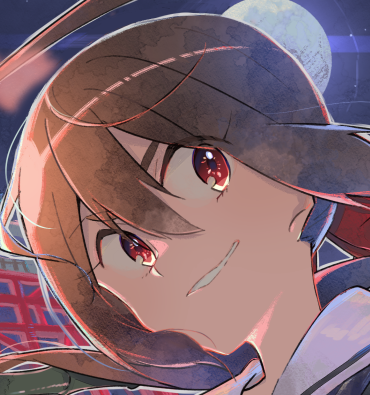

I love archaic inconsistent Japanese. 今日 (obviously きょう) used to be pronounced the same way but spelled… けふ. There’s a Wikipedia page on historical kana orthography and the example the use on the page’s main image is やめましょう spelled as ヤメマセウ. The old kana usage sticks around in pronunciation of particle は and へ.
There also used to be verbs ending in ず that turned into じる verbs like 感じる. Here’s a post on Japanese stack exchange where somebody explains verbs that end with ず, づ, ふ, and ぷ.
Honestly I’m glad I don’t have to learn historical inconsistent spellings, but part of me thinks that it’s really cool and wishes it was still around.





I’m with you on the Gamecube controls, tank controls are awkward but Wii pointing is more awkward. Although the best control scheme I used was a Steam controller on Dolphin (for the Wii version).